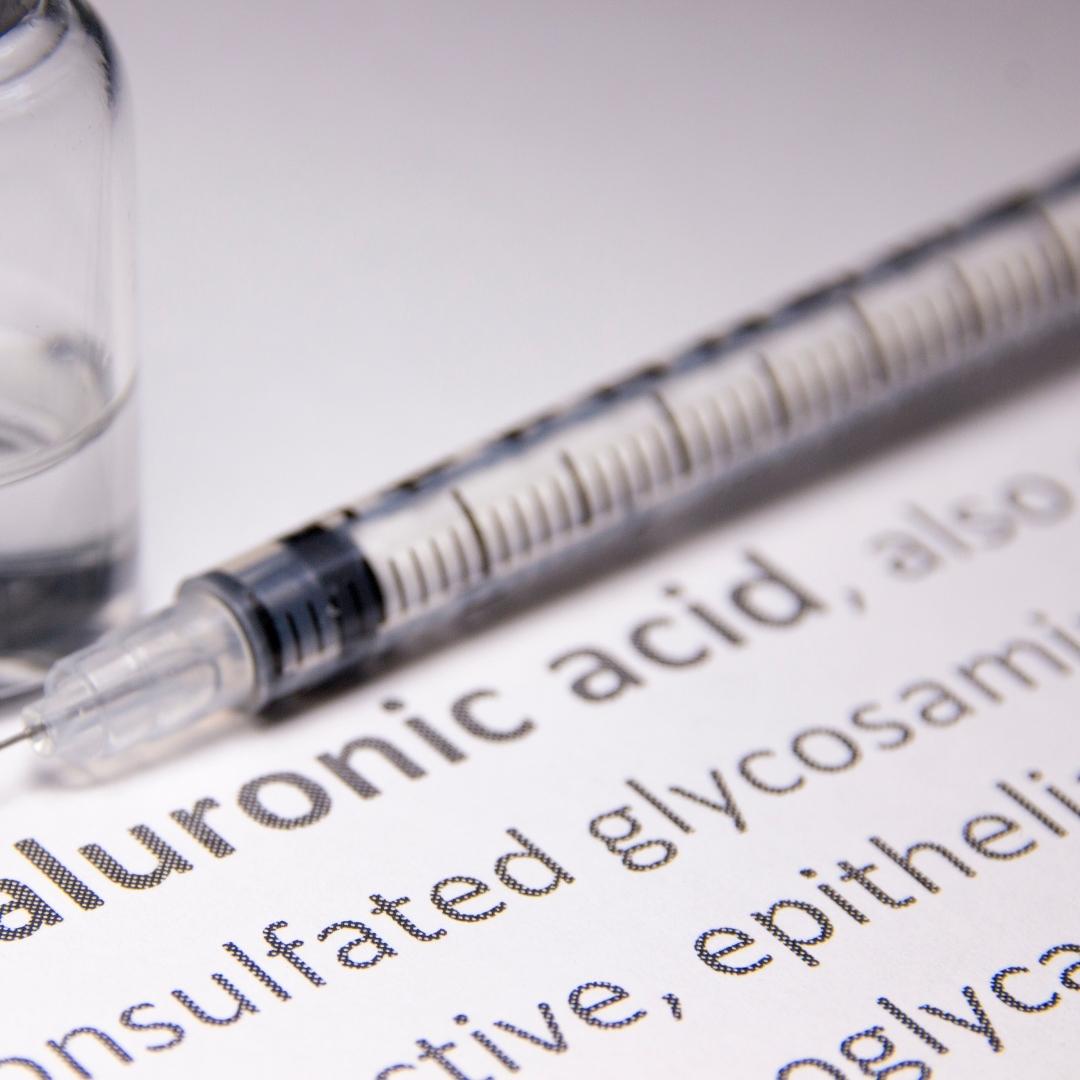Sleep Disorders and Sleep Problems: How to Treat Insomnia
Getting your daily dose of beauty sleep is vital to allow skin cells to regenerate. If you trouble sleeping and often wake up feeling tired, what can you do about it?
Insomnia and sleep disorders are more prevalent than you think.
A sleep study was conducted in 2019 on behalf of the Sleep Health Foundation among 2,044 Australian adults aged 18 years and over.
The study found that sleep problems remain prevalent across the community, irrespective of age and gender. Around 60% of people reported at least one sleep symptom occurring three or more times per week. This finding is consistent across age groups. However, the type of symptom varies with age.
Older people are more likely to have difficulty maintaining sleep, while younger adults have trouble initially getting off to sleep.
What is a Sleep Disorder or Sleep Problem?
Events (such as jet lag, excitement or worry) can cause temporary interruptions in our daily routine and impact our sleep quality. However, frequent sleep interruptions over a long period may be due to a sleep disorder.
Sleep disorders cause more than just daytime sleepiness. Chronic sleep problems are associated with hypertension and obesity, can increase the risk of accidents, cause memory problems and strain relationships. The report found relatively few Australians talked to their doctors about sleep issues.
‘When discussed, it is often only raised as a secondary issue during a consultation for other reasons,’ Professor Dorothy Bruck, Chair of the Sleep Foundation, said.
The most interesting point to note from this study is that activities in the hour before bed did not appear to impact insomnia prevalence. The result was consistent among those who routinely used technology, worked, ate, drank alcohol or use social media versus those who did not.
Types of Sleep Disorders
There are many types of sleep disorders. Managing or targeting the cause is always the best practice. The different types of sleep disorders include insomnia, narcolepsy, jet lag, sleep apnea, restless leg syndrome and shift work.
This article will focus on insomnia. Subsequent articles will focus on other types of sleep disorders. Narcolepsy will be its category as this is always the most challenging to treat without medication.
Insomnia is the inability to get to sleep or a lack of quality sleep. Insomnia can be caused by stress, jet lag, a health condition such as depression, anxiety, the medications you take or excessive caffeine intake.
Improving your sleep hygiene and relaxation techniques such as meditation can help address most cases of insomnia without prescription or over-the-counter sleeping pills.
Numerous studies show there is a correlation between low serum Vitamin D levels and poor sleep quality. One large study conducted on 1,500 older men living in community-dwelling found a significant trend with lower total serum 25(OH)D associated with shorter sleep duration and poorer sleep efficiency.
A systematic review of nine case studies involving 9,397 patients also suggests that vitamin D deficiency is associated with a higher risk of sleep disorders.
Vitamin D supplementation in older individuals may help to reduce the burden of poor sleep. However, further studies, including trials of supplementation, are required to concretely support the role of vitamin D supplementation in the prevention or treatment of sleep disorders.
We highly recommend getting your Vitamin D from sunlight and food sources unless your body cannot convert inactive Vitamin D to the active form. Ninety per cent of the vitamin D we get comes from skin exposure to the sun, and less than ten per cent from food sources such as fortified milk, eggs and some fish. Sunshine helps regulate our melatonin circadian rhythm and the release of melatonin helps to induce sleep. Melatonin is a hormone produced in the pineal gland from the chemical melanin. Melanin is produced in the skin through sun exposure.
Vitamin D supplementation should be considered as the final option because taking large doses of Vitamin D can induce severe depletion of Magnesium. We highly recommend natural sources of Vitamin D unless your body cannot convert inactive Vitamin D to the active form.
A magnesium deficiency can cause a lot of issues as Magnesium is responsible for over 300 enzymatic reactions in our body. Some symptoms of a magnesium deficiency include:
- Insomnia
- Restless legs
- Anxiety
- Muscle Pain
- Fatigue
- Increased risk of high blood pressure and
- Osteoporosis
Author: Helen Huynh (B. Pharm) MPS
References:
- Gao, Q et al. "The Association between Vitamin D Deficiency and Sleep Disorders: A Systematic Review and Meta-Analysis. Journal of Nutrients. 2018 Oct; 10(10): 1395. https://www.ncbi.nlm.nih.gov/pmc/articles/PMC6213953/
- Liu, H et al. "Analysis of Serum Vitamin D Level and Related Factors in Patients with Restless Legs Syndrome." Frontiers in Neurology. 09 December 2021: Sleep Disorders. https://www.frontiersin.org/articles/10.3389/fneur.2021.782565/full
- Romano, F et al. "Vitamin D and Sleep Regulation: Is there a Role for Vitamin D? Current Pharmaceutical Design. 2020;26(21):2492-2496 DOI: 10.2174/1381612826666200310145935
- High proportion of Australians Struggling with Sleep. RACGP. https://www1.racgp.org.au/newsgp/clinical/high-proportion-of-australians-struggling-with-sleep
- Chronic Insomnia Disorder in Australia. Sleep health Foundation. 2019. https://www.sleephealthfoundation.org.au/pdfs/Special_Reports/SHF_Insomnia_Report_2019_Final_SHFlogo.pdf
- Reddy, P et al. Magnesium Supplementation in Vitamin D Deficiency. American Journal of Therapy. 2019 Jan/Feb;26(1):e124-e132. doi: 10.1097/MJT.0000000000000538.



